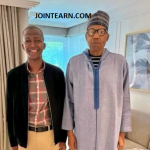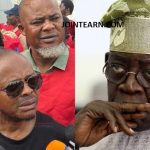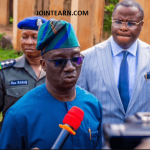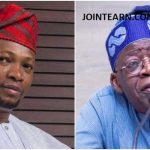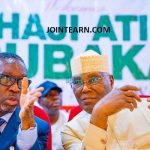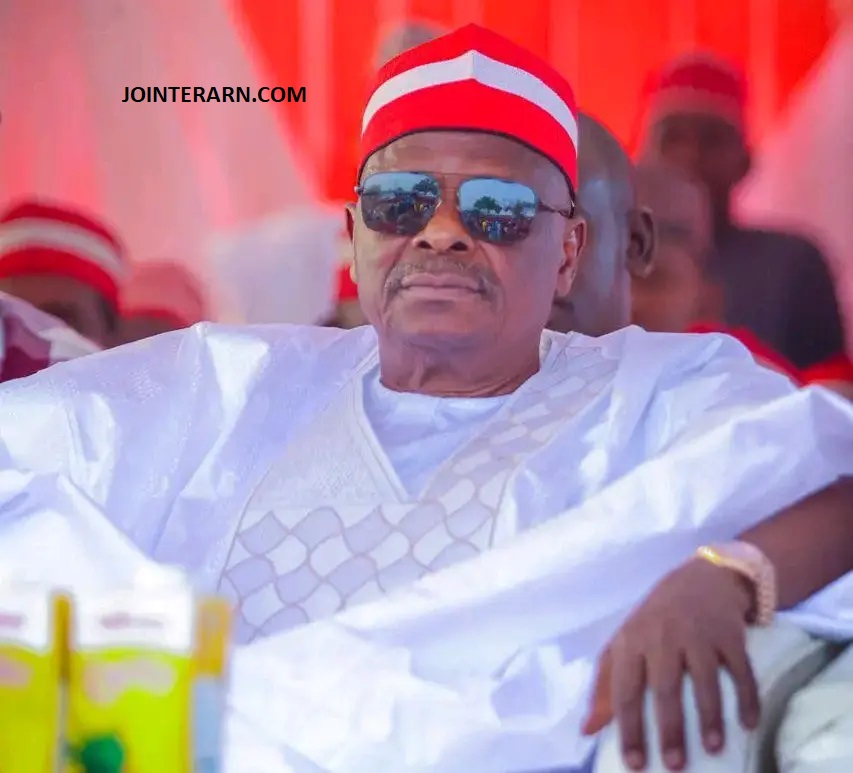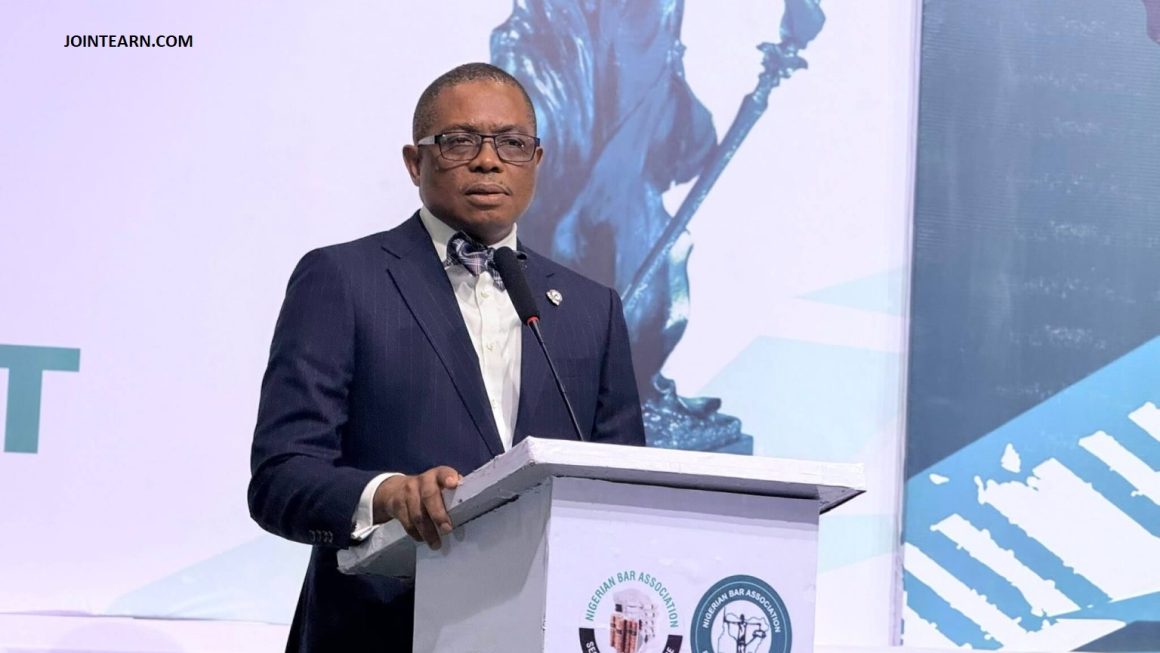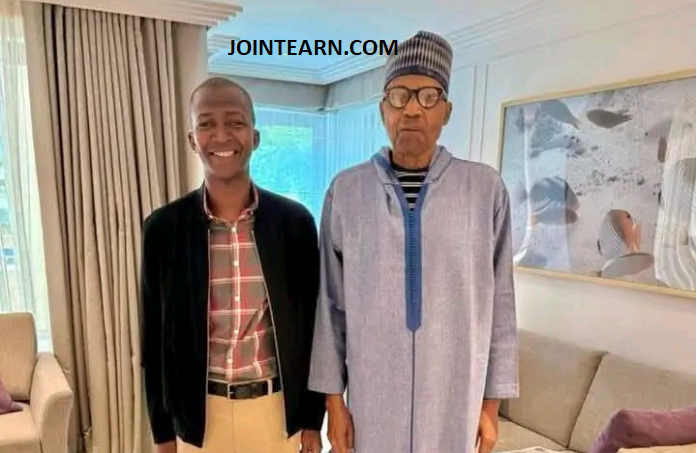In a significant development within the New Nigeria Peoples Party (NNPP), a High Court in the Federal Capital Territory (FCT) has dismissed a lawsuit filed by a faction aligned with Senator Rabiu Kwankwaso, challenging the legitimacy of the party’s current leadership under Dr. Agbo Major and founder Dr. Boniface Aniebonam. This ruling marks a crucial milestone in the ongoing leadership tussle within the NNPP, affirming the authority of Major and Aniebonam while emphasizing the limits of judicial intervention in internal party disputes.
Background of the Leadership Dispute
The NNPP has been embroiled in a leadership crisis since the 2023 elections, with factions emerging around key figures like Senator Rabiu Kwankwaso and Dr. Agbo Major. Kwankwaso, the party’s presidential candidate in the 2023 elections, has been at odds with the party’s original leadership, leading to a split within the party.
The lawsuit, filed by Dr. Ahmed Ajuji and 20 others, sought to invalidate the authority of the NNPP’s Board of Trustees and its executive leadership. The plaintiffs argued that these officials had been expelled from the party and thus could not exercise any rights or functions within the NNPP. They requested that the court prevent these leaders from convening meetings, conducting congresses, or overseeing the party’s National Convention123.
Court Ruling and Its Implications
Justice M.A. Hassan delivered the judgment, stating that the court lacked jurisdiction to hear the case as it pertained to internal party matters. The ruling reinforced the legal precedent that courts do not intervene in party leadership disputes or membership issues unless they relate to the nomination of candidates for elections123.
This decision aligns with previous judgments, including one from the Abia State High Court on November 1, 2024, which reinstated the NNPP’s Board of Trustees under Dr. Aniebonam and upheld the legitimacy of the party’s congresses and National Convention124.
Reaction from the Parties Involved
Counsel for the defendants, Segun Fiki, welcomed the ruling, describing the lawsuit as an attempt to usurp the party’s leadership through legal means. Fiki emphasized that the court’s decision affirms the rightful administration of the NNPP under Major and Aniebonam, and he expects the Independent National Electoral Commission (INEC) to formally recognize and cooperate with the party’s duly elected officials123.
However, the Kwankwaso faction has responded critically, arguing that the court ruling did not validate Major’s leadership but merely stated that it lacked jurisdiction over internal party disputes7. This stance underscores the ongoing divisions within the party and the potential for continued challenges to Major’s leadership.
Implications for Party Unity and Future
The dismissal of the lawsuit is seen as a significant victory for the Major-led faction, solidifying their position within the party. However, it does not necessarily resolve the underlying tensions or ensure unity among party members. The Kwankwaso faction’s continued dissent highlights the challenges ahead for the NNPP in achieving cohesion and presenting a united front in future political contests.
The ruling also emphasizes the importance of internal party mechanisms for resolving disputes. By affirming that courts should not intervene in internal party matters, the judgment encourages political parties to strengthen their internal conflict resolution processes to avoid external legal challenges.
Impact on Electoral Politics
The NNPP’s leadership stability is crucial as Nigeria approaches future elections. A unified party is better positioned to attract voters and present a strong alternative to other political parties. However, ongoing divisions could weaken the party’s electoral prospects if not addressed effectively.
Conclusion
The High Court’s dismissal of the lawsuit challenging the NNPP leadership marks a significant development in the party’s internal dynamics. While it affirms the legitimacy of the Major-led executive, it also underscores the need for the party to address its internal conflicts through dialogue and reconciliation. As the NNPP moves forward, its ability to navigate these challenges will be crucial in determining its future relevance and success in Nigerian politics.


